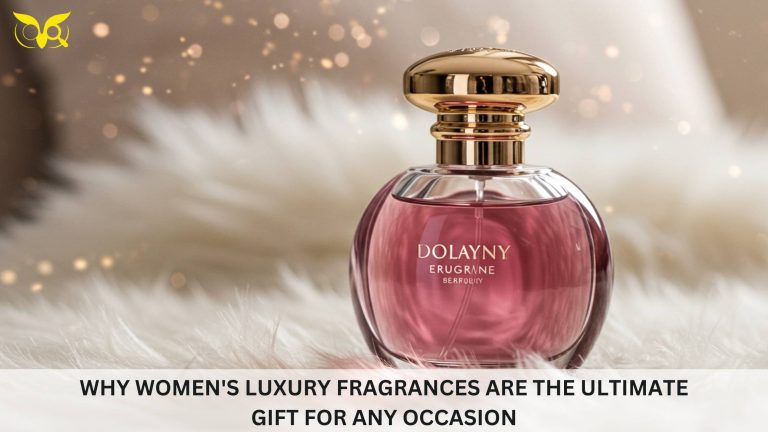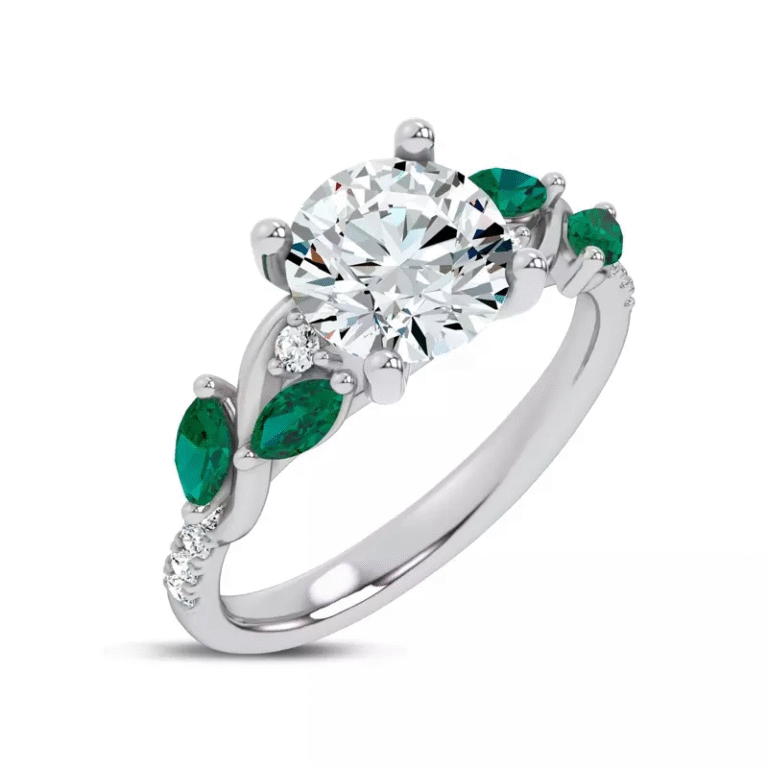
It is not just about placing an order when it comes to choosing a lipstick manufacturer. What the glossy finish of a product doesn’t tell you is that there’s a myriad of services that go into support for each stage of development. For beauty brands looking to scale, this added capability can drive everything from formulation to fulfillment.
Looking at R&D
A good manufacturer of lipstick often employs a research and development team that converts concepts into practical formulas. Cosmetic chemists evaluate color stability, texture , and skin compatibility. This is also where they explore trending ingredients. According to Mintel, 57% of consumers look for products that feature something new or unique—a goal that R&D helps brands achieve.
Custom Formulation Solutions
There are private label options, but custom formulations enable brands to differentiate. That allows manufacturers to make custom lipstick formulas that fit how you like your finish, how long it should last, and how pigmented it should be. While it ensures both performance and safety, this service also offers flexibility when it comes to matte, satin, or even shimmer.
Sourcing and Verifying Ingredients
Reputable manufacturers source pigments, waxes, and oils from vetted suppliers. Documentation is key. Brands may request certificates of analysis and sustainability credentials as well as allergen reports. This resolves clean label claims and compliance with regulations in different markets.
Packaging Design and Engineering
A manufacturer’s design team can help select packaging that both protects the formula and meets brand aesthetics. They also assist with component testing. Lipstick ingredients have the potential to react with certain substances, so testing for compatibility is vital before making final decisions about tubes or casings.
Support on Regulatory and Labeling Points
There are a lot of challenges when it comes to making sense of ingredient regulations, especially for brands that are branching into international markets. In the case of FDA or EU guidelines, manufacturers frequently have in-house regulatory staff members who will review product labels and documentation to make sure everything meets health regulations. Claims such as “long-wearing” or “vegan” must be substantiated.
Testing in Small Batches and Quality Control
Most manufacturers do pilot batches before going into full-scale production. This means real-world testing, tweaking to color payoff or glide, and catching any issues with packaging mechanics. Quality control procedures closely monitor the consistency between batches.
Bulk Production and Filling
After the final formula is approved, the production goes to batching and filling. GMP-certified facilities maintain both hygiene and precision through all stages. It doesn’t matter if a run is for 5,000 or 50,000 units; the manufacturer handles mixing, filling, cooling, and capping to yield consistent results.
Solutions for Inventory and Supply Chain
There are even integrated supply chain services from some manufacturers, creating available inventory tracking and raw material sourcing. Others handle storage and logistics, shipping directly to warehouses or retail partners. Making it easier for manufacturers, however, streamlines the process and helps brands sidestep bottlenecks and keep products on the shelves.
Sustainability Consulting
As consumers increasingly care about sustainability, manufacturers may provide eco-friendly options. This could be biodegradable packaging, low-waste production processes, or refillable formats. According to a report by McKinsey, 60% of global beauty consumers are willing to choose environmentally friendly alternatives when they have the option.
Marketing & Tech Support
This isn’t standard practice, but some manufacturers do team up with creative teams to create high-quality product images for digital use. These images assist product launches and e-commerce listings. Uploading high-resolution content increases engagement and establishes trust with consumers.
Furthermore, manufacturers are expected to provide technical support for batches that do not have the same tenor, various reformulations, or updated compliance needs. Having a dedicated point of contact allows for accountability, timely adjustments, and smooth operations.
Conclusion
A supplier of the lipstick manufacturer is a development partner. Their additional services go from concept to compliance, providing brands with foundational support in a saturated market.
Are you ready to take your lipstick line to the next level? Choose a manufacturer that walks your entire product journey with you.






